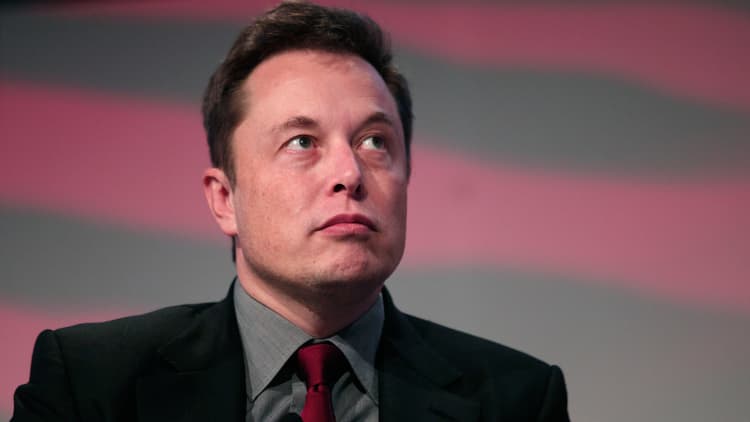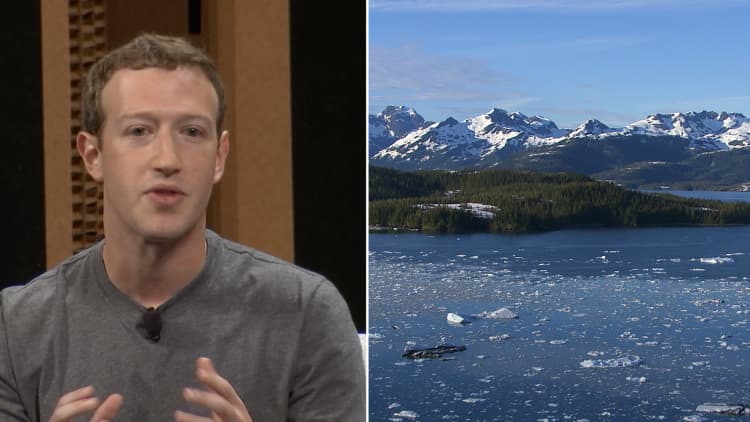Billionaire and iconic entrepreneur Richard Branson says the extreme wealth that will be generated by the artificial intelligence industry should be partly redistributed as a universal basic income, or cash handouts.
"Basic income is going to be all the more important. If a lot more wealth is created by AI, the least that the country should be able to do is that a lot of that wealth that is created by AI goes back into making sure that everybody has a safety net," says Branson, speaking with Business Insider Nordic while in Helsinki for the Nordic Business Forum recently.
"Obviously AI is a challenge to the world in that there's a possibility that it will take a lot of jobs away. ... It's up to all of us to be entrepreneurially minded enough to create those new jobs."
It's not the first time the 67-year-old entrepreneur has talked about the potential benefit of universal basic income.
"A lot of exciting new innovations are going to be created, which will generate a lot of opportunities and a lot of wealth, but there is a real danger it could also reduce the amount of jobs," says Branson in a blog post he published in August. "This will make experimenting with ideas like basic income even more important in the years to come."
Other tech leaders who have raised the idea of cash handouts include SpaceX and Tesla CEO Elon Musk, Facebook founder and CEO Mark Zuckerberg, Slack CEO and co-founder Stewart Butterfield and Y Combinator President Sam Altman.

The accelerating speed of automation will put people out of work faster than they can be retrained, the chorus goes, and therefore governments will need to pay people to live. Also, and perhaps more idealistically, taking care of people's most basic needs will give them the freedom to be more creative and productive, supporters posit.
"There's so much research about how bad poverty is. There's so much research about the emotional and physical toll that it takes on people," Altman tells CNBC Make It. "I think about the amount of human potential that is being wasted by people that are not doing what they want to do. I think about how great it would be to undo that. And that's really powerful to me."
Finland in is experimenting with universal basic income and a privately funded study of the effects of cash handouts is getting off the ground in the United States, too.
Silicon Valley start-up shop Y Combinator has just wrapped a one-year pilot study of universal basic income in Oakland, Calif., and is preparing a larger study of 3,000 individuals: 1,000 people will receive $1,000 per month for up to 5 years and 2,000 will receive $50 per month as a control group for comparison, according to a blog post published by Y Combinator in September.
Branson says giving individuals cash handouts gives them more capacity for innovation. "By and large, people who live in [Nordic] countries have that basic security, and from that basic security they can be adventurous and they are being adventurous," he tells Business Insider Nordic.
See also:
Top Silicon Valley tech exec on cash handouts: Let's eliminate poverty for all Americans
Elon Musk says robots will push us to a universal basic income—here's how it would work
Here's new evidence minimum-wage hikes result in workers being replaced by robots

Like this story? Like CNBC Make It on Facebook.


